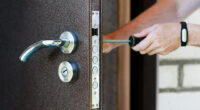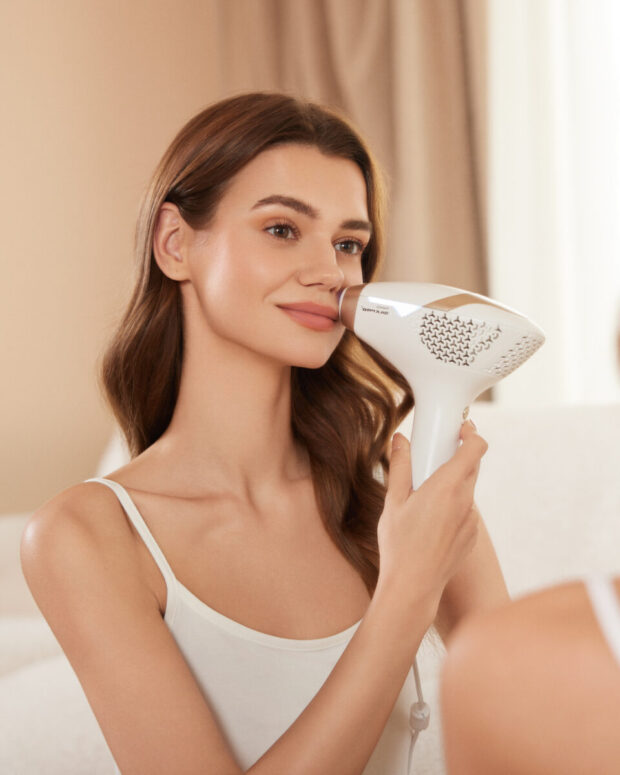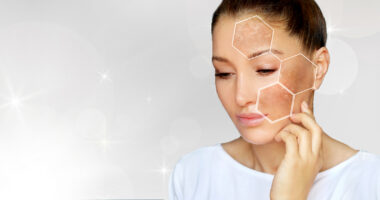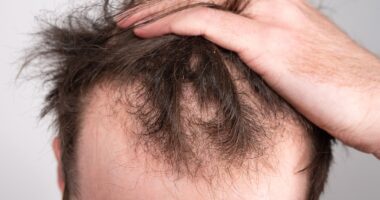Hair removal during summer is crucial for maintaining smooth, hair-free skin. Today, I want to help you explore various removal methods, considering factors like skin type, pain tolerance, budget, and desired results.
1. Laser Hair Removal
Laser hair removal uses light energy to target and destroy follicles, offering long-lasting results.
This method is known for its minimal discomfort and precision, making it suitable for various body areas. One significant benefit is its versatility; it works on all skin types.
However, it requires multiple sessions and has a higher upfront cost. To ensure effectiveness, avoid sun exposure before treatment, shave the area before appointments, and adhere to post-treatment care instructions, such as using soothing creams and avoiding heat.
Laser removal is an investment in smooth skin, providing significant reductions in hair growth over time, making it a preferred choice for many seeking lasting results.
2. IPL (Intense Pulsed Light)

IPL uses a broad spectrum of light to reduce hair growth, offering flexibility for different skin tones and hair colors. This method can be used at home, making it convenient.
However, multiple sessions are required, and periodic maintenance is needed to sustain results. Additionally, improper use can lead to skin damage.
To maximize benefits, follow treatment guidelines carefully, avoid sun exposure after treatments, and invest in a high-quality IPL device.
Proper adherence to these practices ensures effective and safe hair reduction.
IPL provides a practical and adaptable solution for those looking for a long-term reduction in hair growth with the convenience of at-home treatments.
3. Waxing
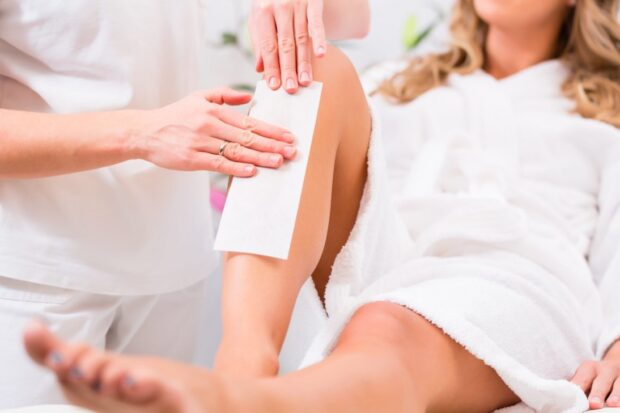
Waxing is a hair removal method that involves applying warm wax to the skin and removing it along with the root, resulting in smooth, hair-free skin for up to six weeks.
This technique pulls hair directly from the follicle, ensuring that the skin remains hair-free for a longer duration compared to other methods like shaving or depilatory creams.
This method is suitable for all body areas, making it versatile. It can be used on legs, arms, underarms, bikini area, face, and even more sensitive areas like the upper lip and eyebrows. The process can be painful, especially for those with a low pain tolerance.
Waxing can lead to ingrown hairs, where the hair grows back into the skin, causing bumps and irritation. Skin irritation, such as redness and minor swelling, is also common immediately after waxing, particularly in sensitive areas.
Professional assistance is often required to achieve the best results. Experienced estheticians can ensure the wax is applied and removed correctly, minimizing pain and reducing the risk of ingrown hairs and skin irritation.
They also use high-quality wax and follow proper hygiene practices, which can further enhance the waxing experience.
4. Shaving

Shaving involves cutting hair close to the skin’s surface using a razor. It’s a quick, easy, and inexpensive method, making it highly popular. However, it requires frequent maintenance and can lead to:
- Cuts
- Razor burn
- Ingrown hairs
To minimize these issues, use a high-quality razor and shaving cream or gel, and moisturize the skin after shaving to prevent irritation.
Proper shaving techniques, such as shaving in the direction of hair growth and using short strokes, can enhance results. Shaving remains a convenient option for those looking for immediate hair removal, despite the need for regular upkeep.
